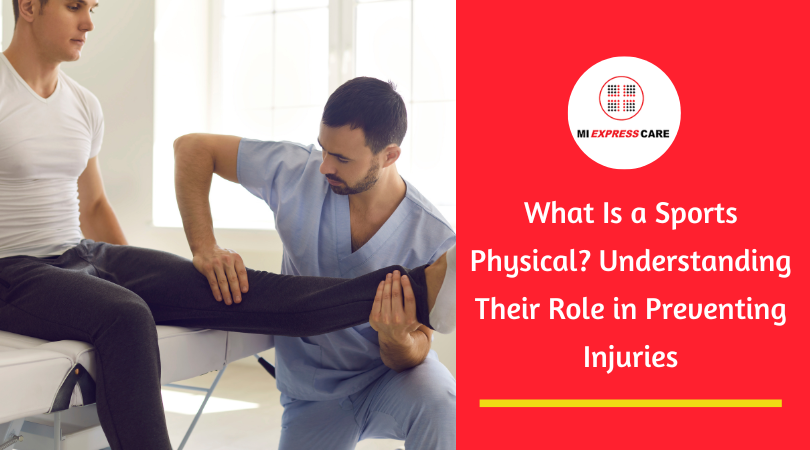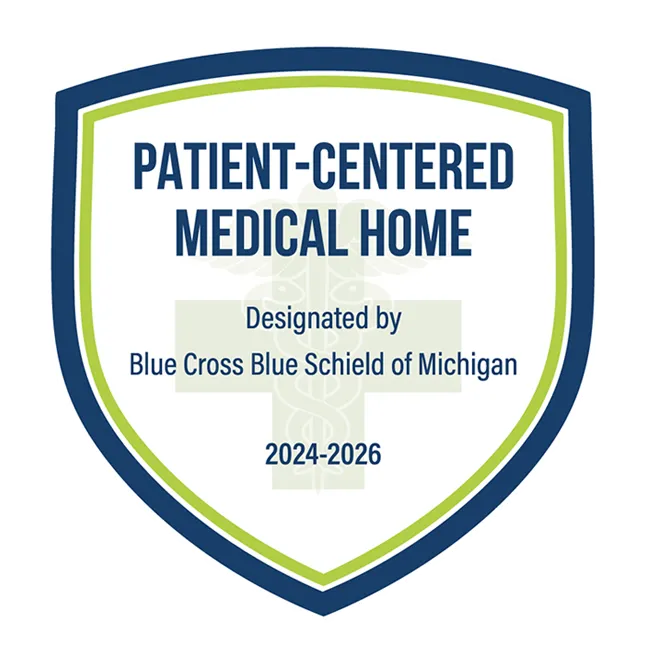


Step onto any sports field, and you’ll see athletes pushing themselves to the limit, training hard, competing fiercely, and striving for personal bests. Yet before the game even begins, there’s an important step that often goes unnoticed: the sports physical.
Sports physicals, also known as pre-participation physical examinations (PPEs), are far more than a formality for joining a team. They act as a safeguard, ensuring athletes are physically ready for the demands of their sport and helping prevent injuries before they happen. For parents, coaches, and athletes alike, they offer confidence and peace of mind that performance and safety are both a priority.
A sports physical is a comprehensive medical evaluation designed specifically for athletes. These assessments aim to answer a simple but vital question: Is this individual healthy enough and physically prepared to safely participate in a sport?
A typical PPE involves:
This combination ensures potential health risks or vulnerabilities are spotted early.
Sports physicals play a proactive role in an athlete’s health by:
Early intervention can mean the difference between a healthy season and one derailed by injury.
The high-intensity nature of sports increases the likelihood of injuries such as muscle pulls, ligament tears, and bone fractures. Sports physicals help by:
By catching small problems early, sports physicals often prevent them from becoming season-ending setbacks.
During the exam, healthcare providers look closely at four main health areas:
It’s recommended that athletes undergo a sports physical exam once a year, ideally 4–6 weeks before the sports season begins. This timing gives enough space to address any concerns, whether it’s undergoing additional tests, starting physical therapy, or modifying a training plan.
Once the exam is complete, one of three things typically happens:
Athletes may also receive a tailored plan to strengthen weaker areas, make postural corrections, or improve cardio endurance.
Bodies change over time, especially for growing children and teens. Muscles strengthen, joints shift, and sports demands evolve. Regular physicals:
Think of it as scheduled maintenance for the body, an essential step in ensuring it runs at full potential without breaking down.
A winning season starts long before the first game, it begins with preparation and ensuring your body is truly game‑ready. A sports physical offers a thorough health check to uncover risks, prevent injuries, and optimize performance. By making it a priority, athletes step into the season with confidence, knowing they’re healthy, protected, and ready to perform at their peak.
Secure your spot for a winning, injury-free season with a thorough sports physical at MI Express Urgent Care. Our expert team ensures you’re fit, prepared, and ready to perform at your best.
Schedule your exam today and step into the season with confidence and peace of mind.




